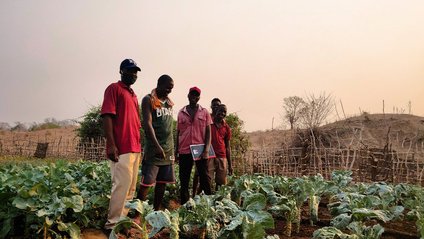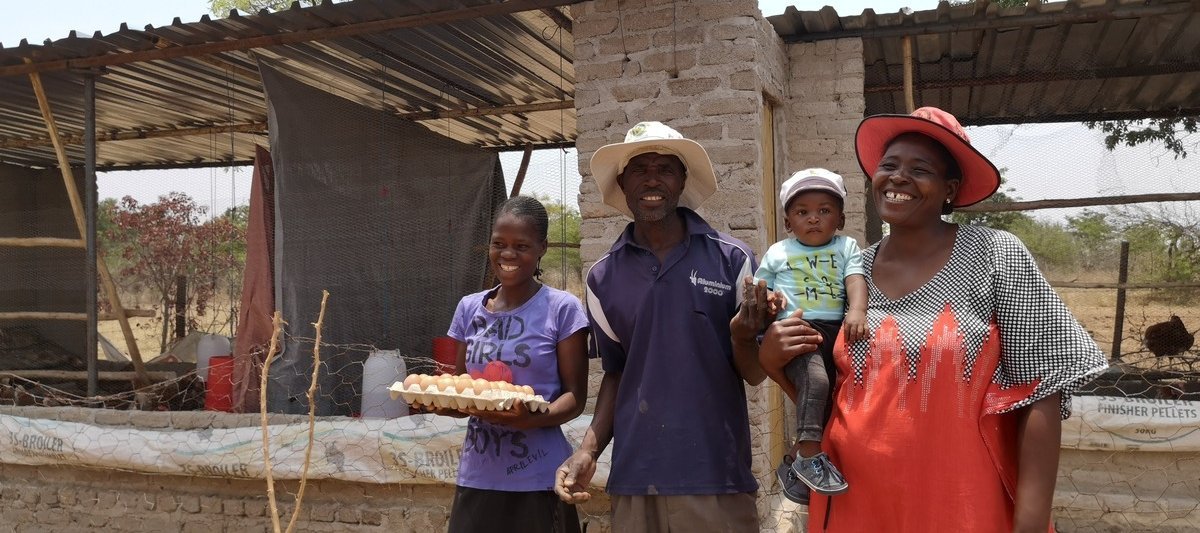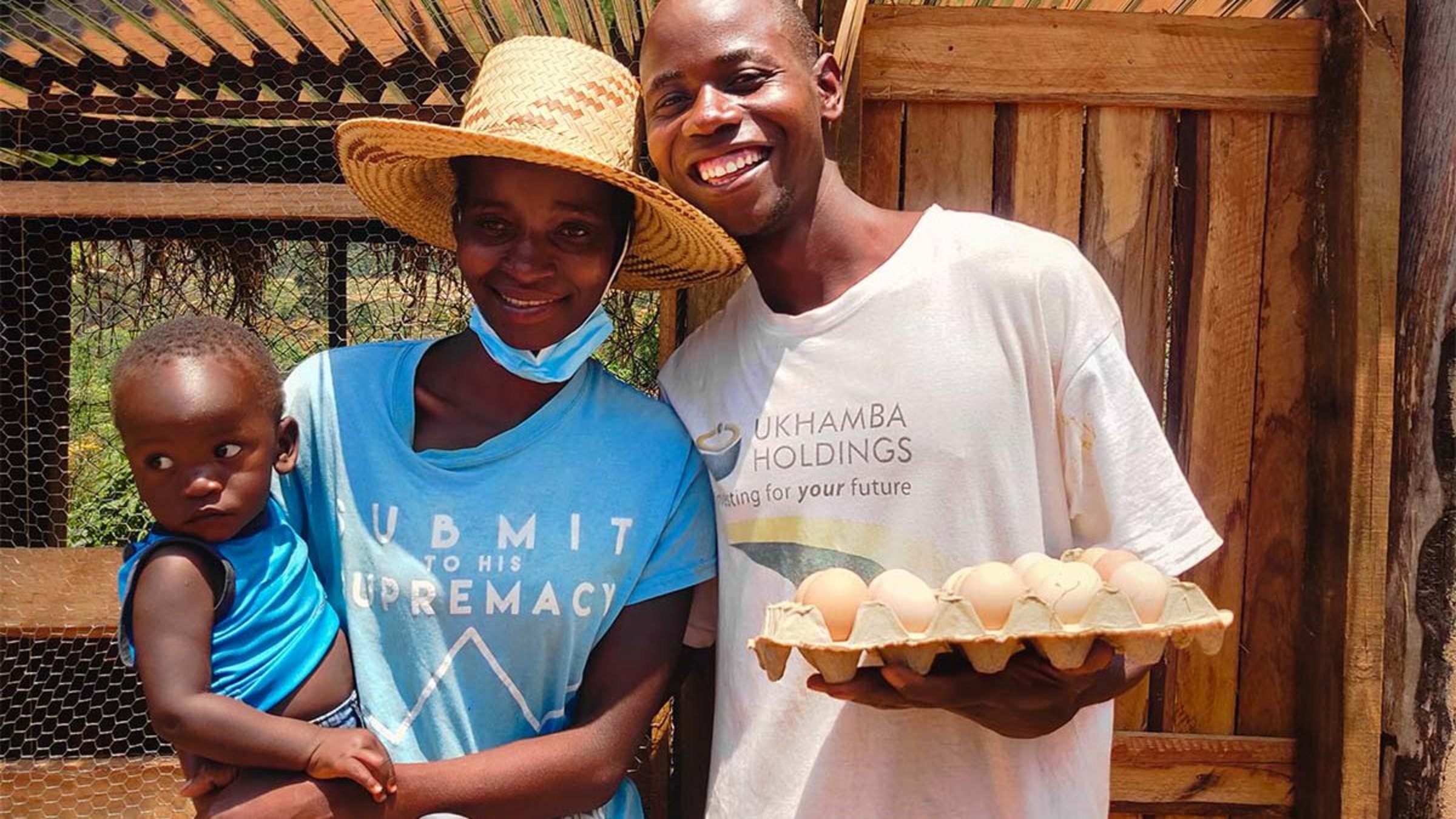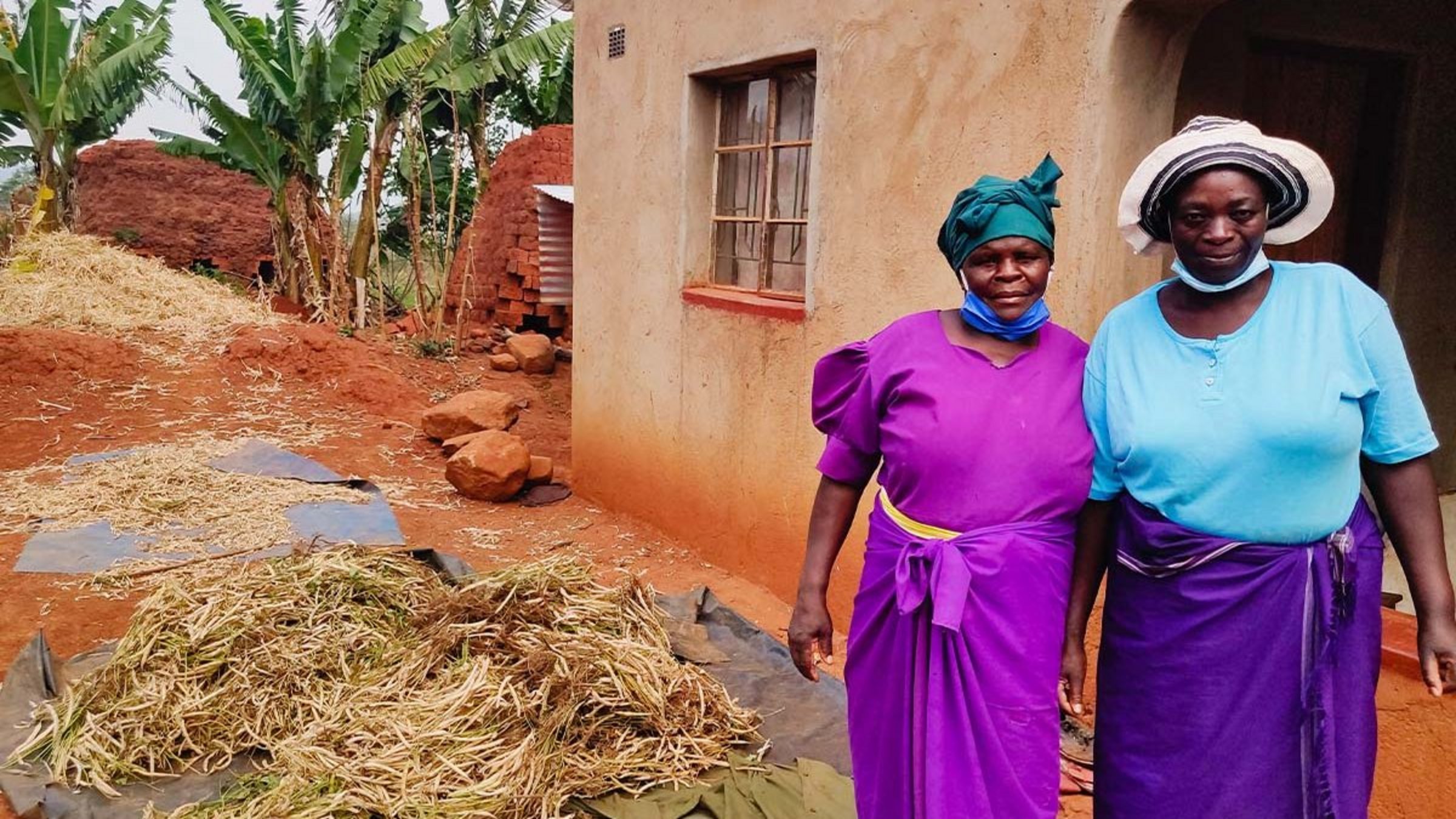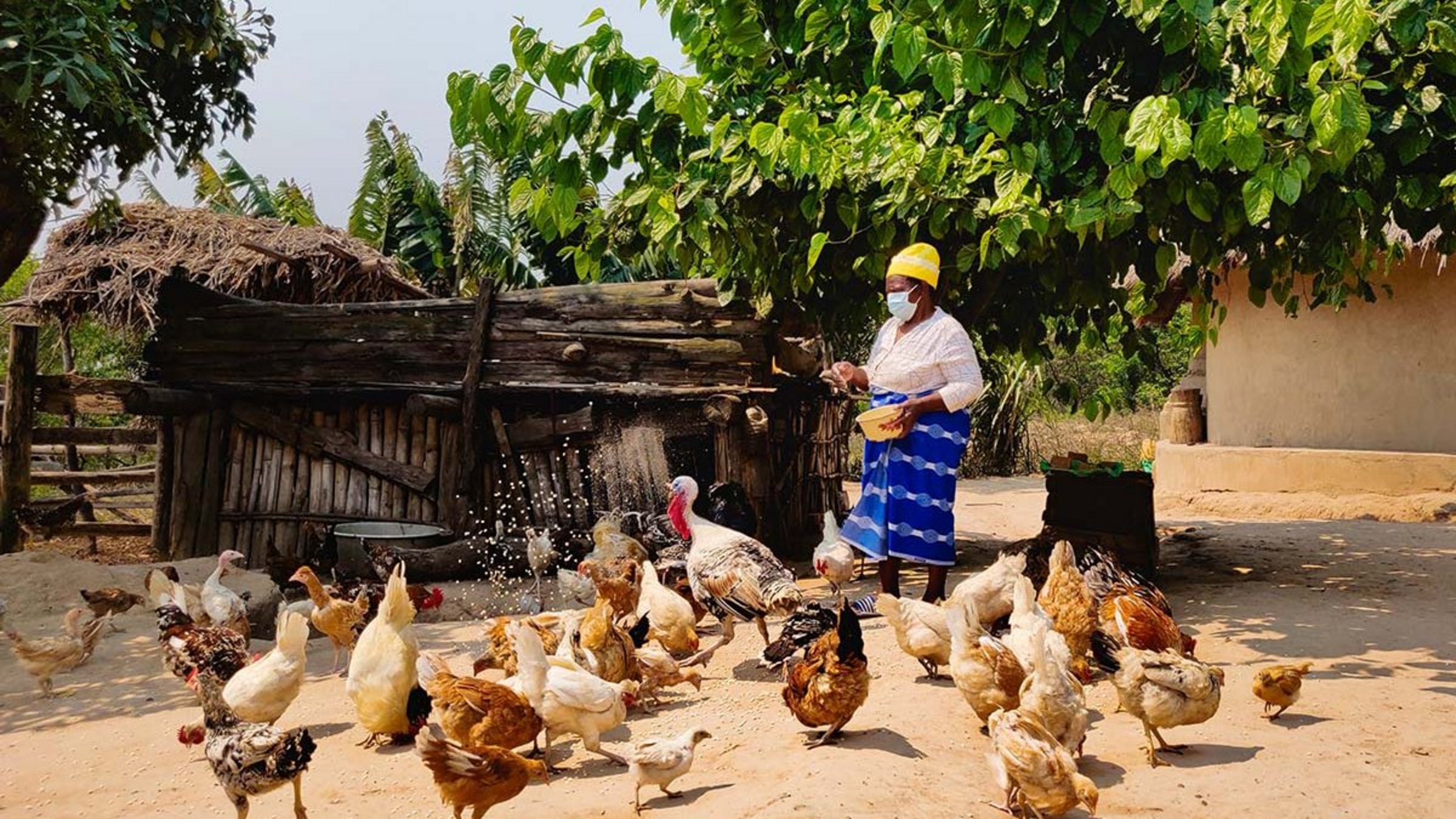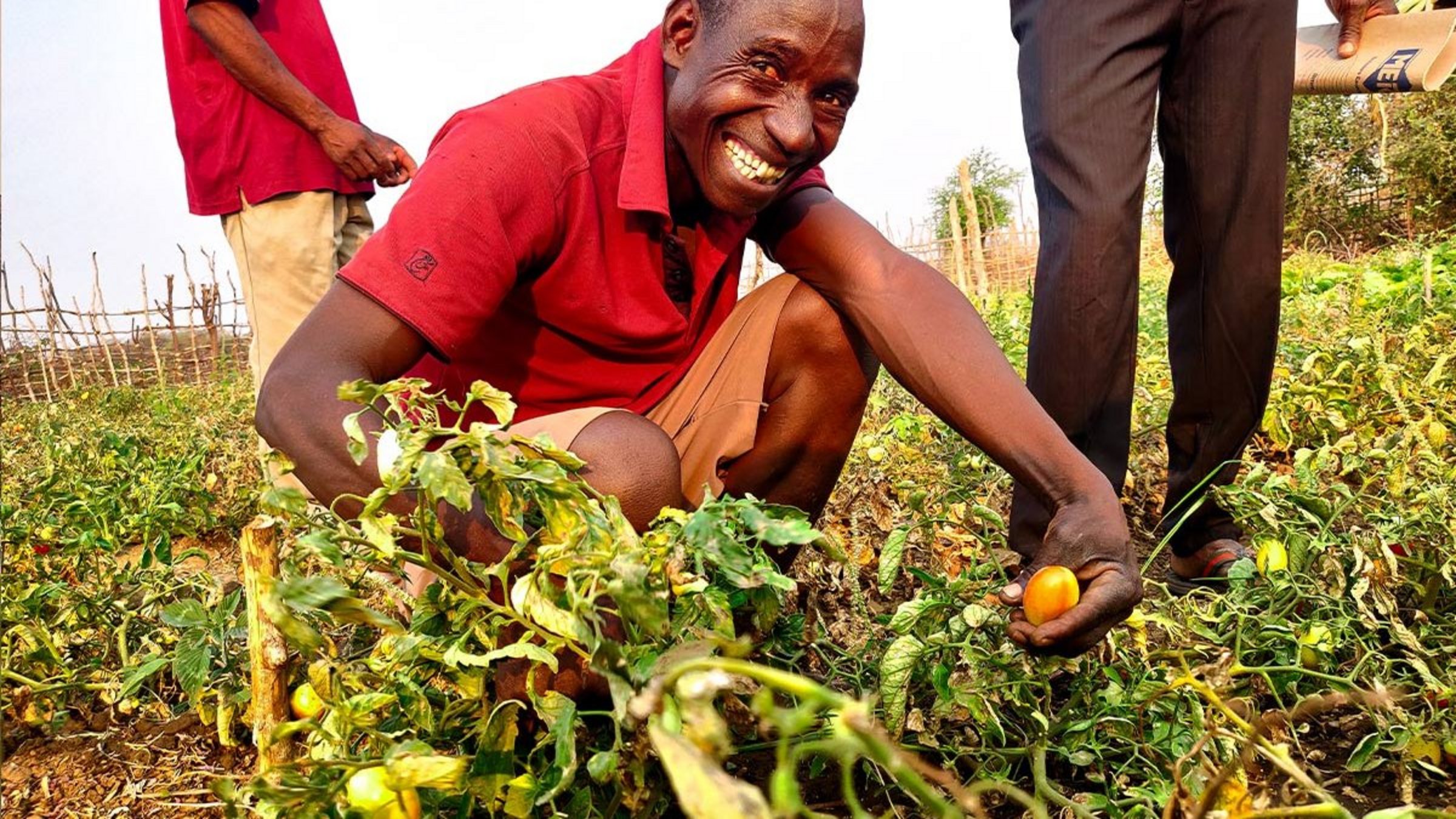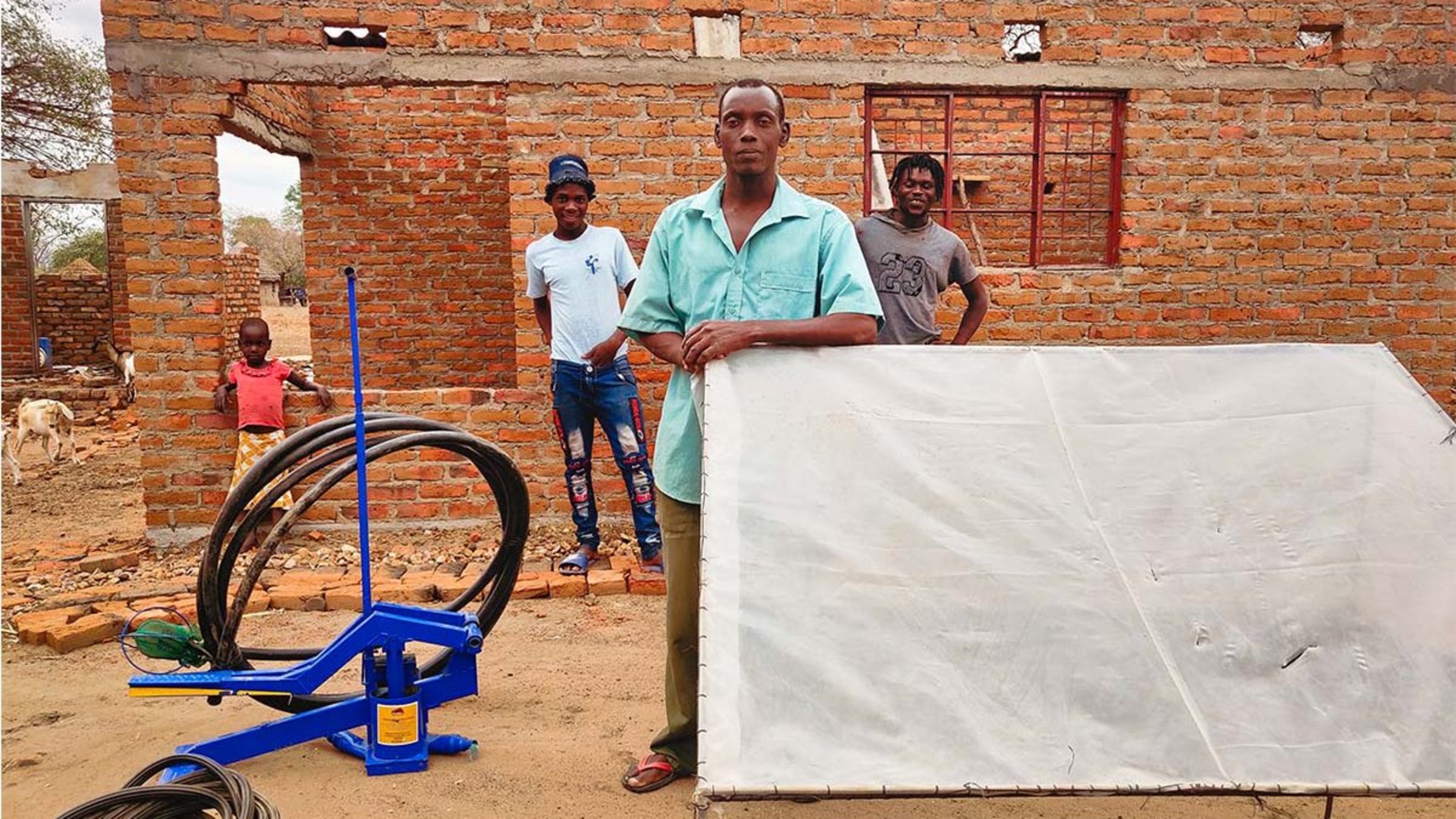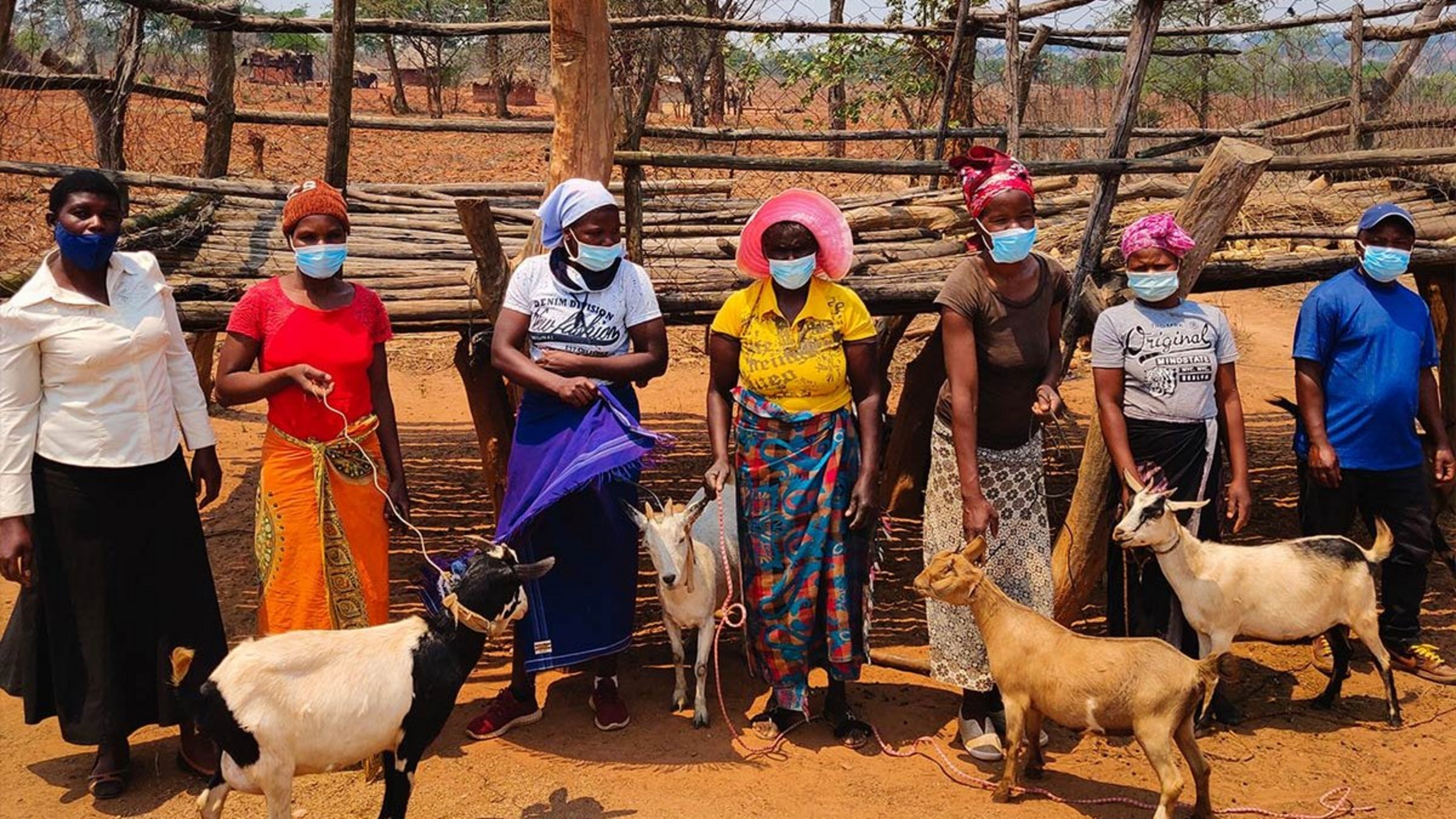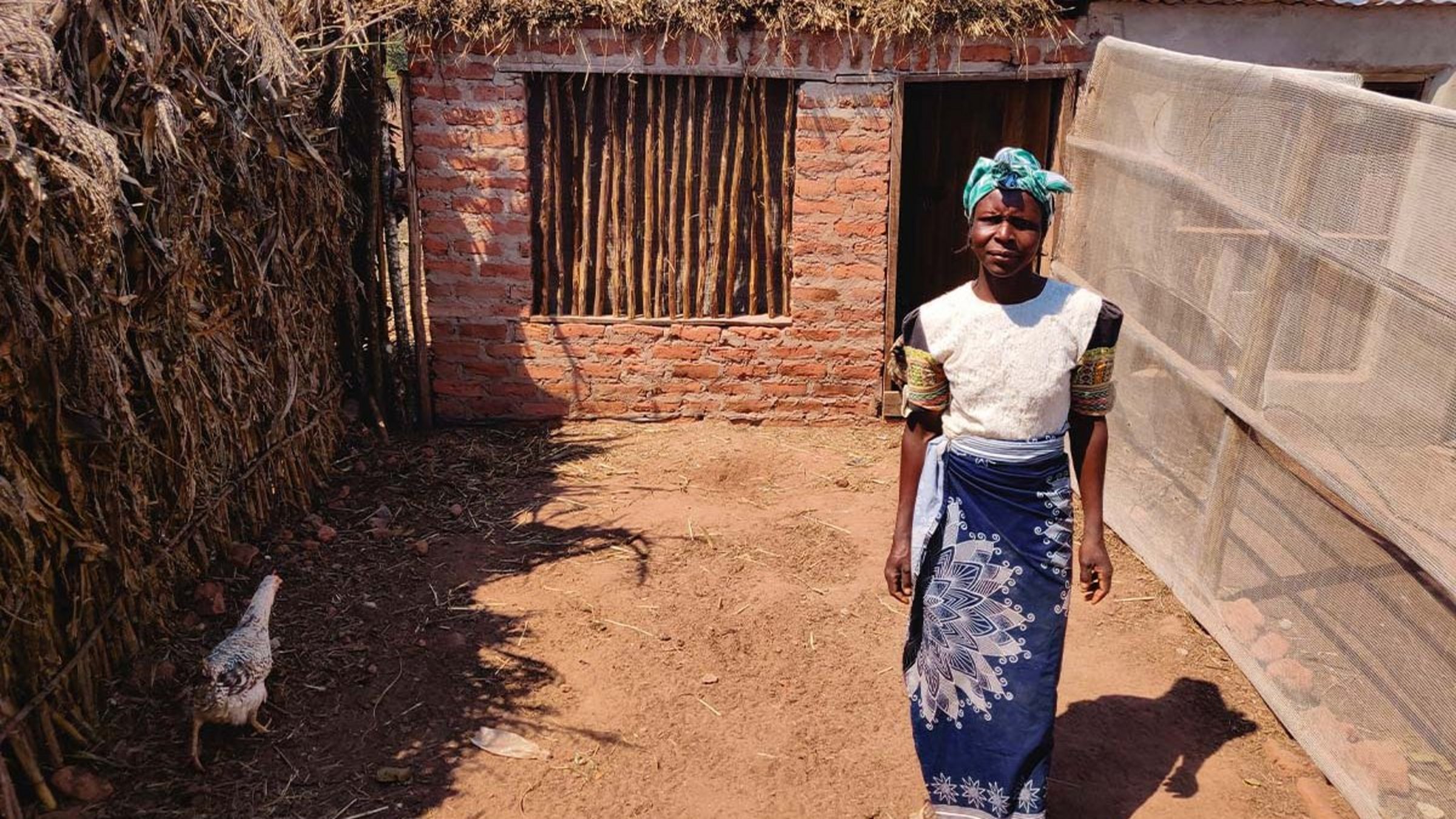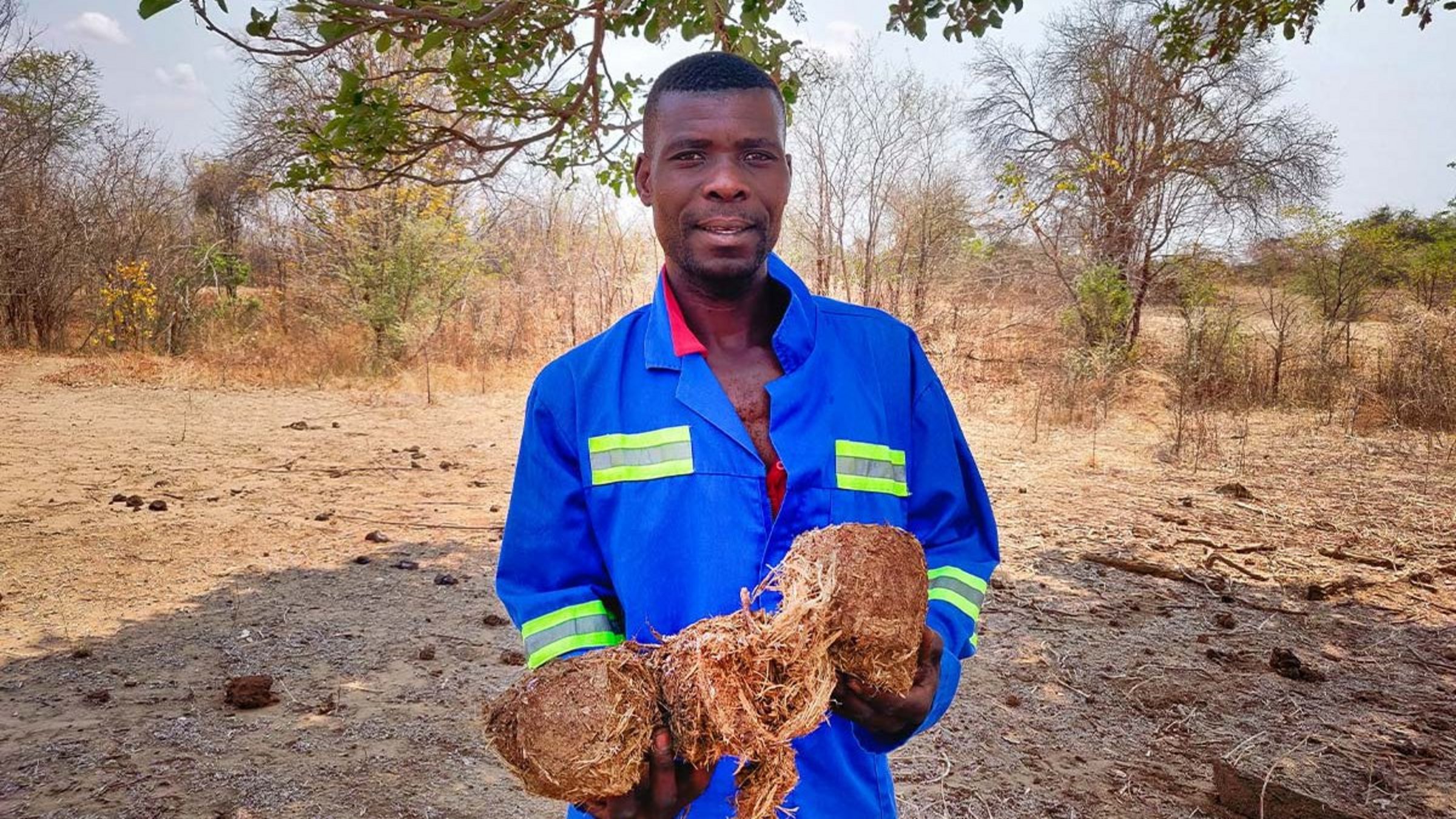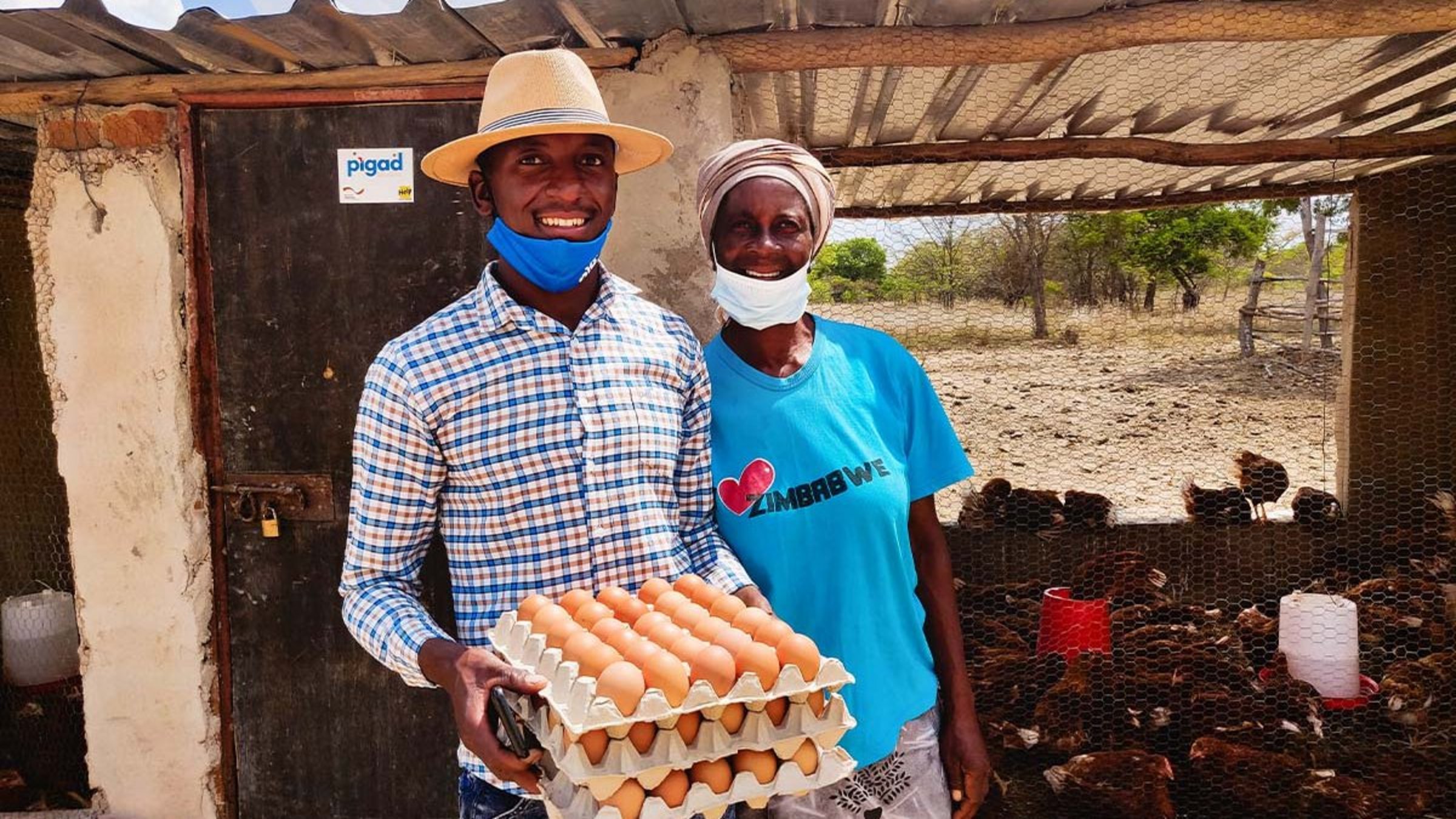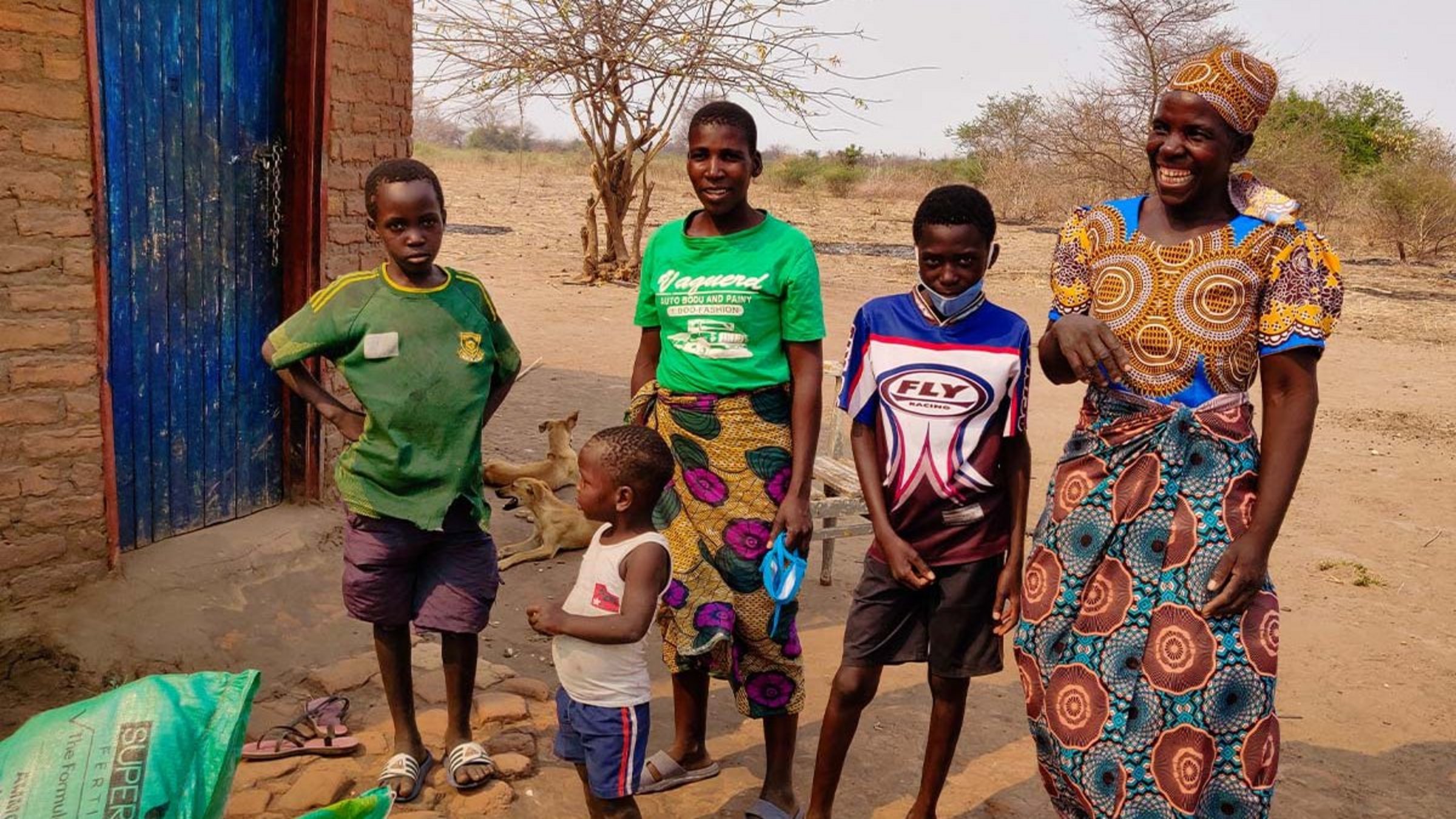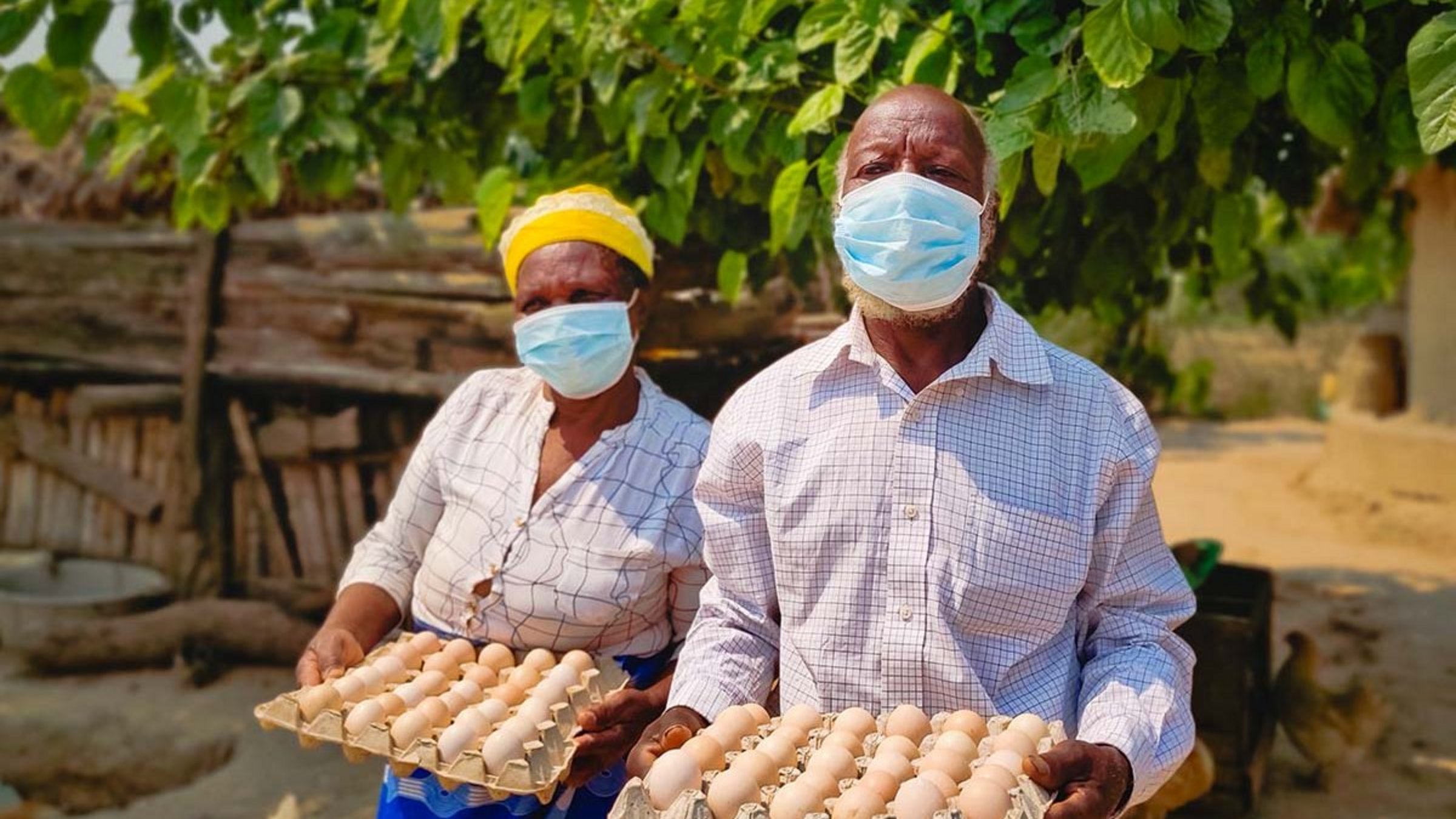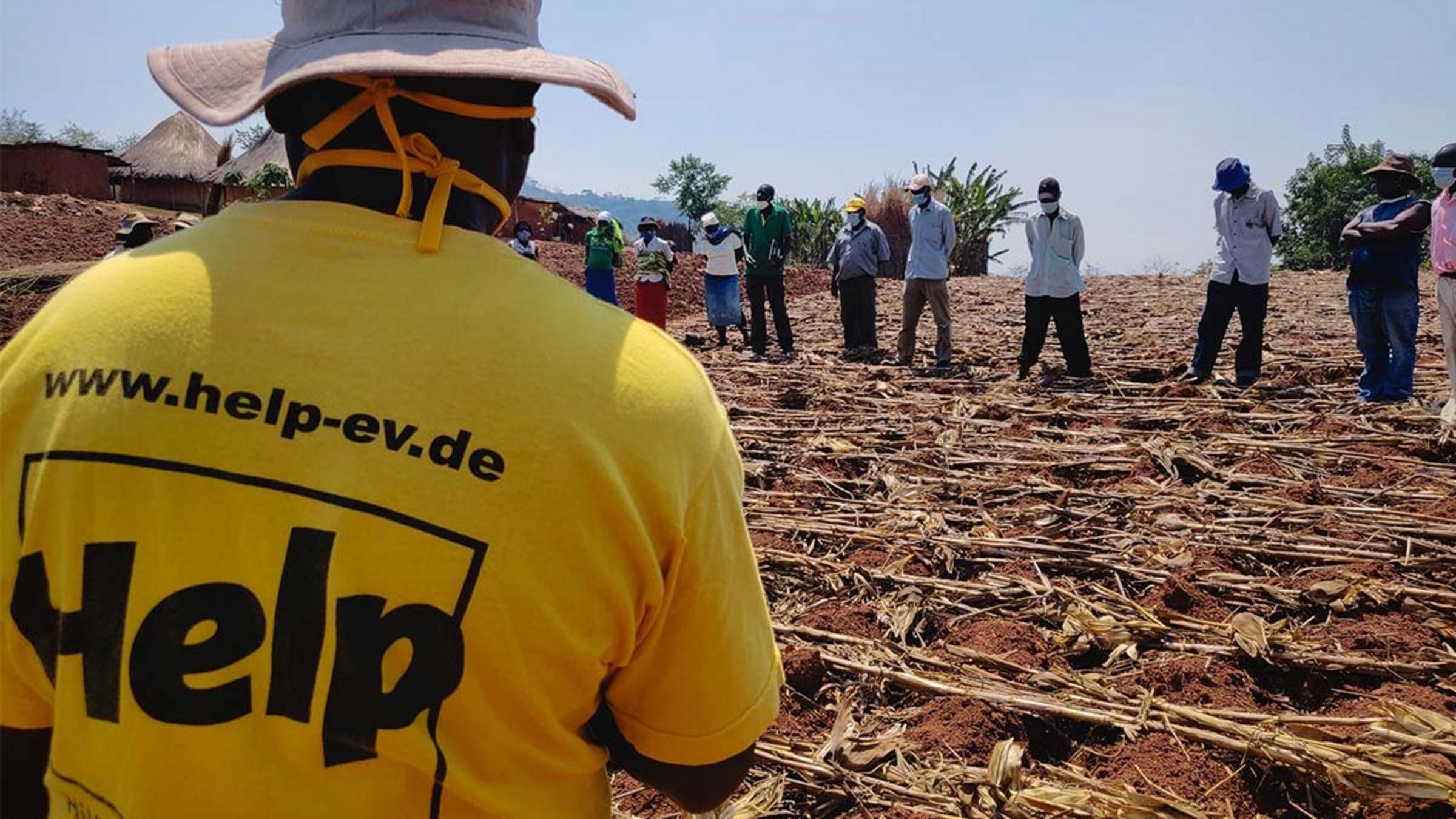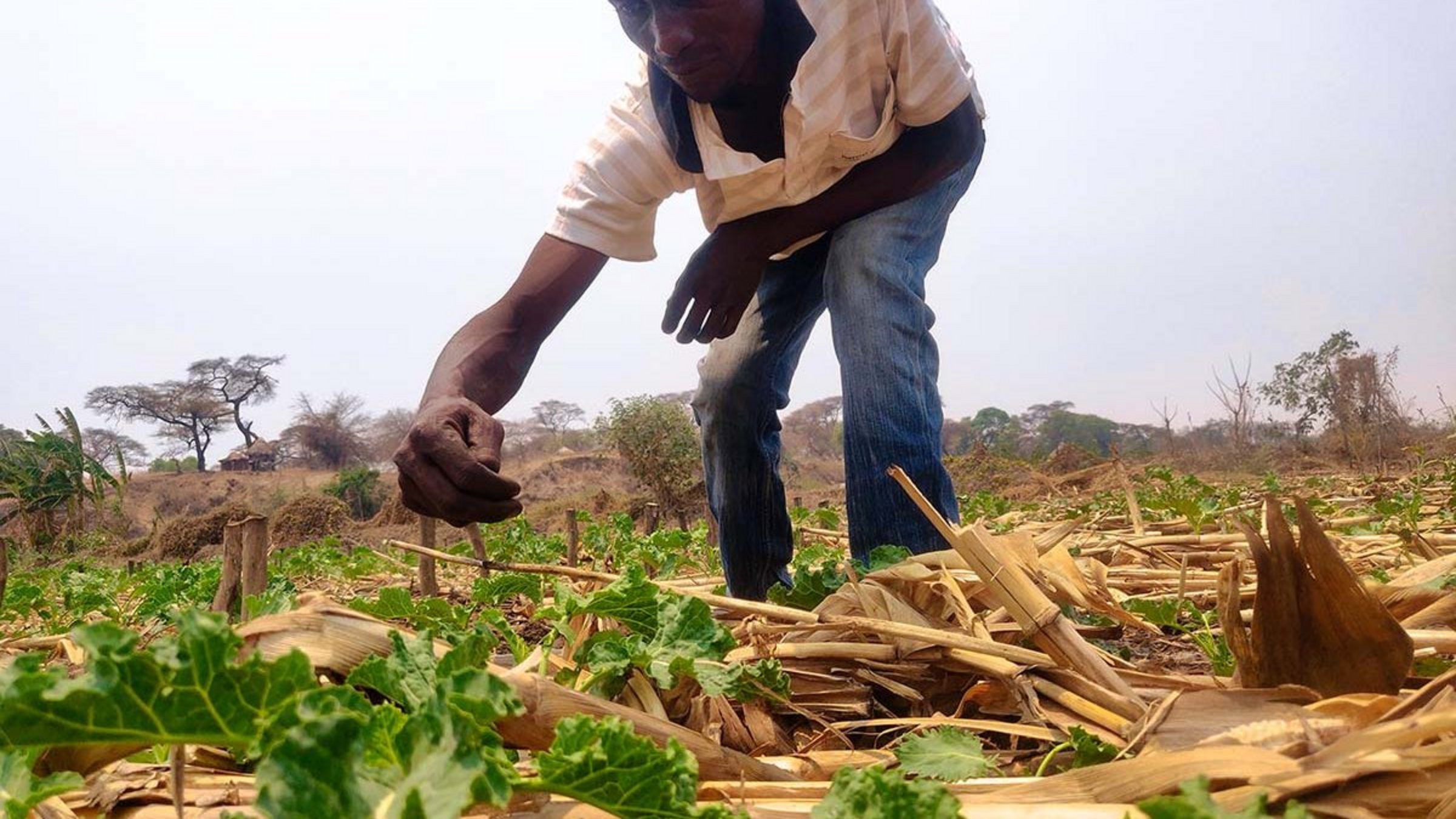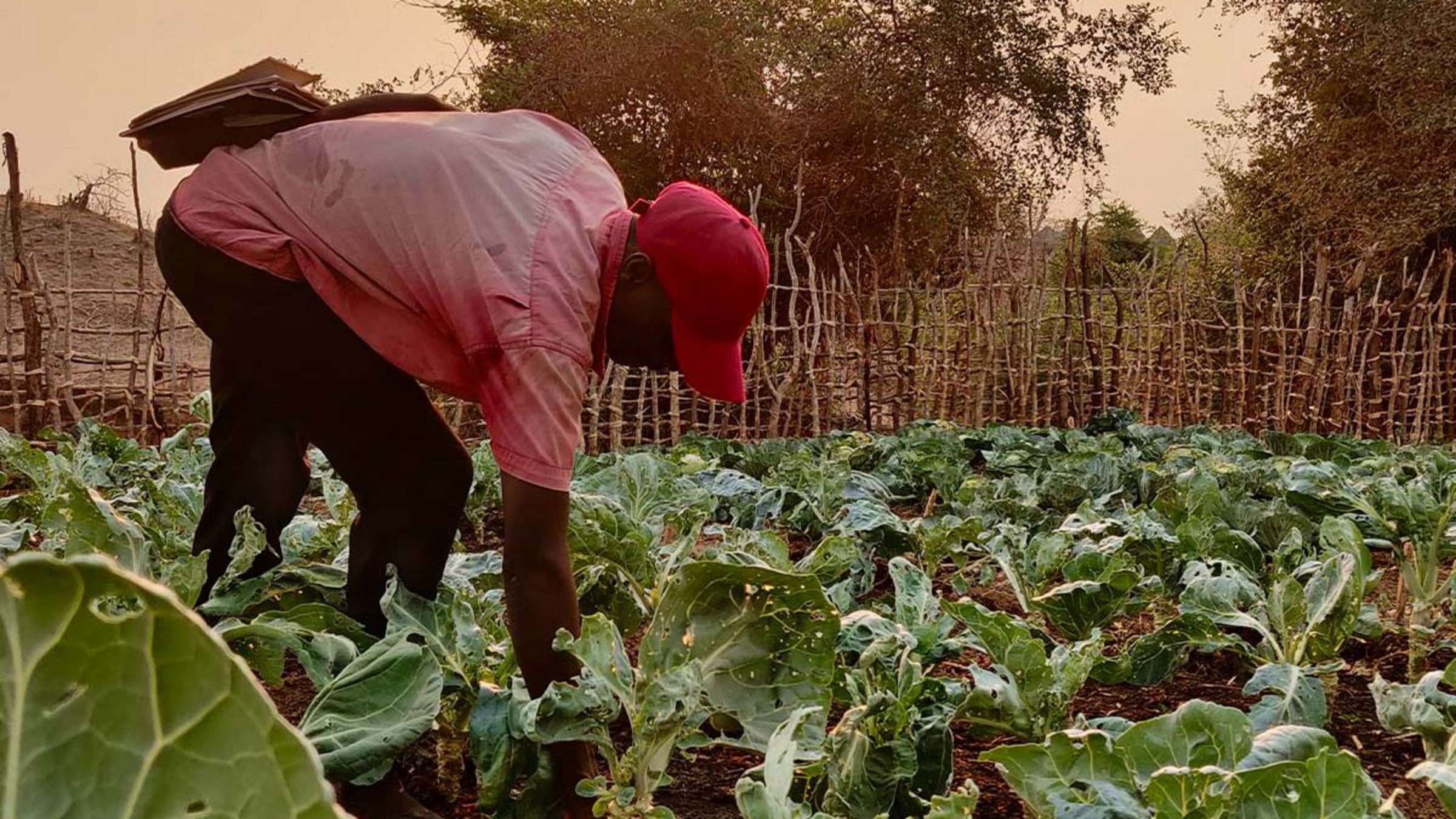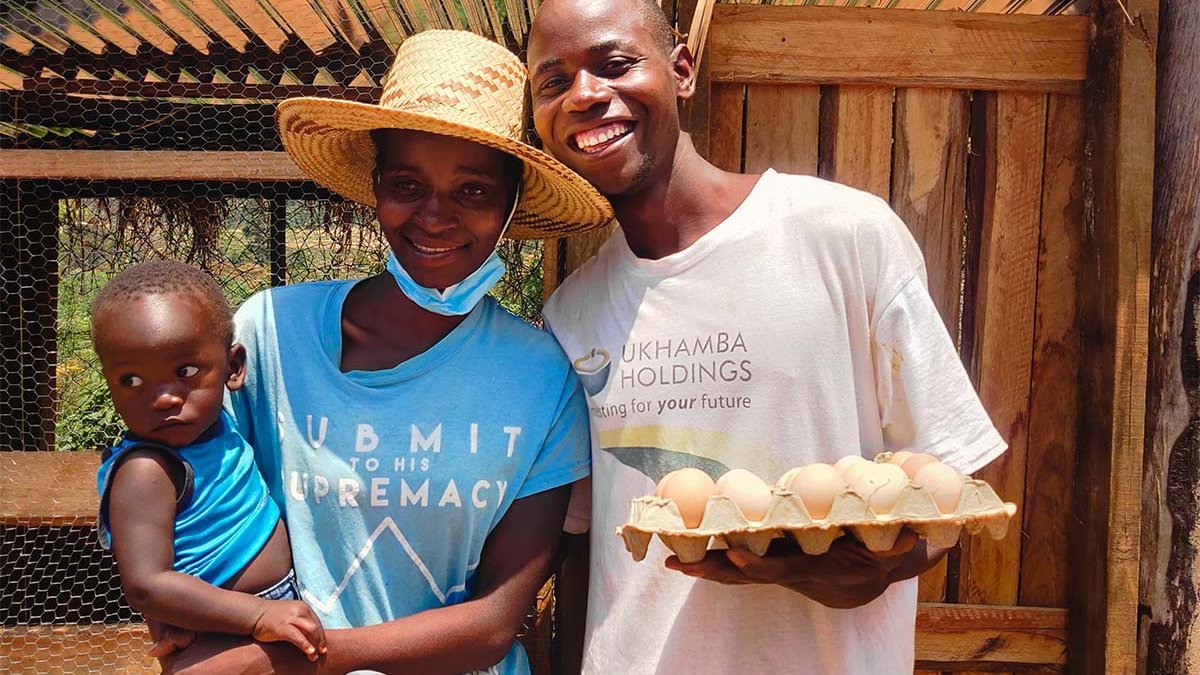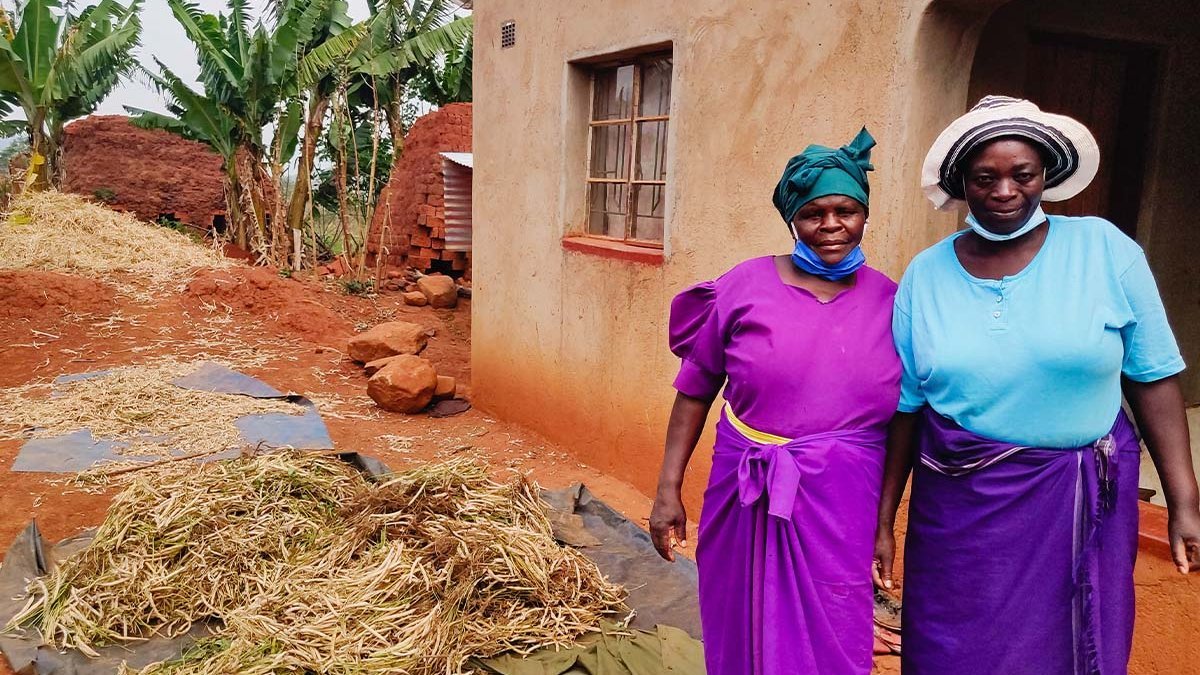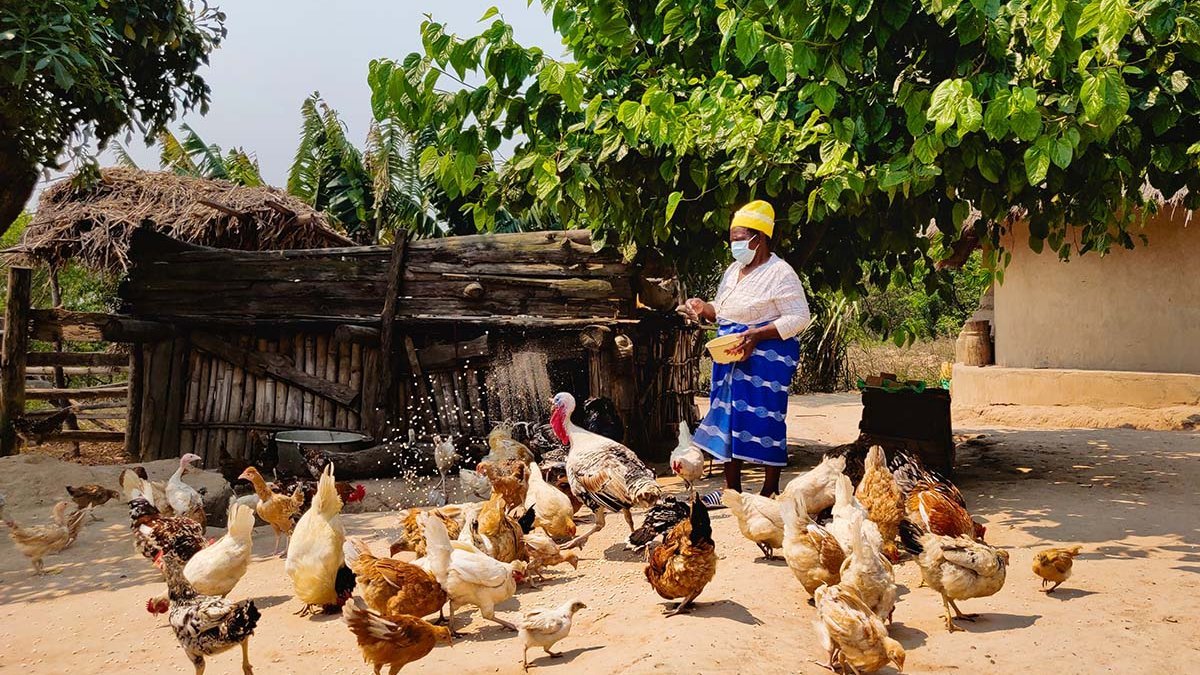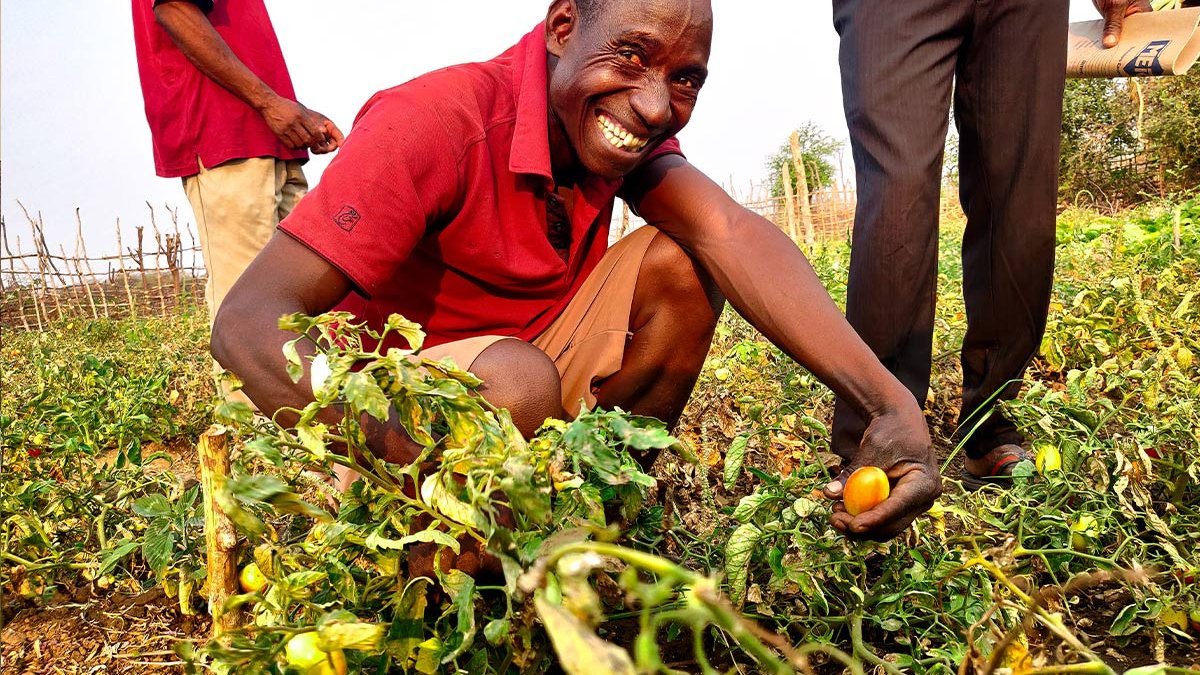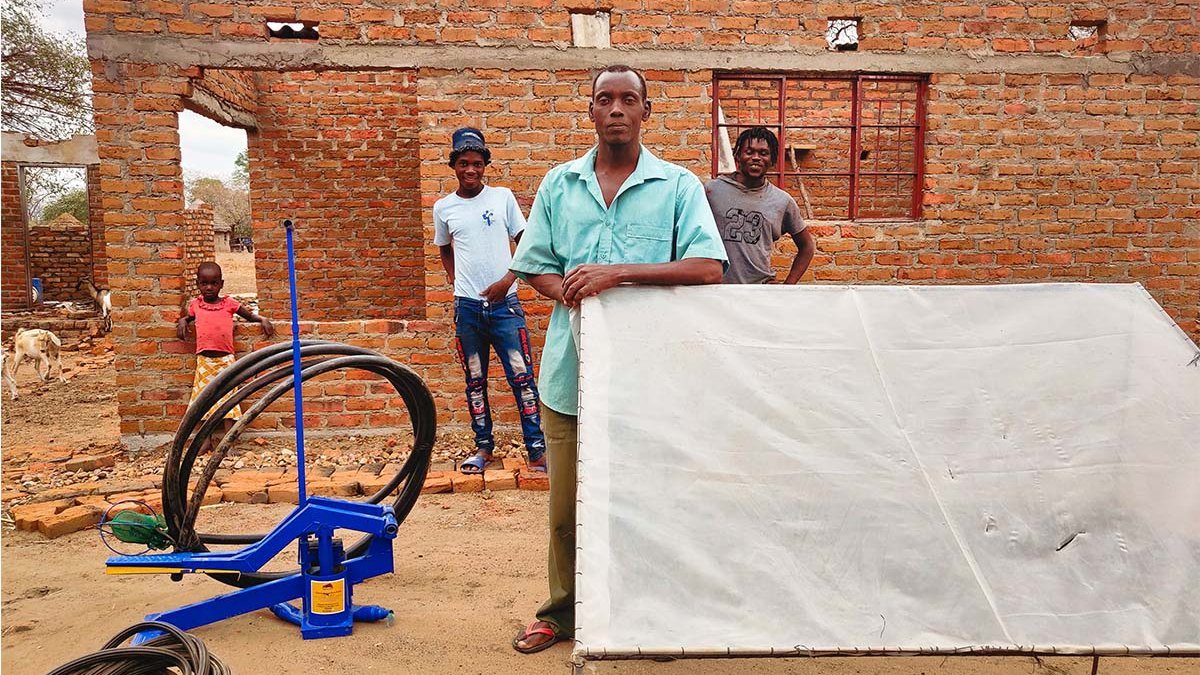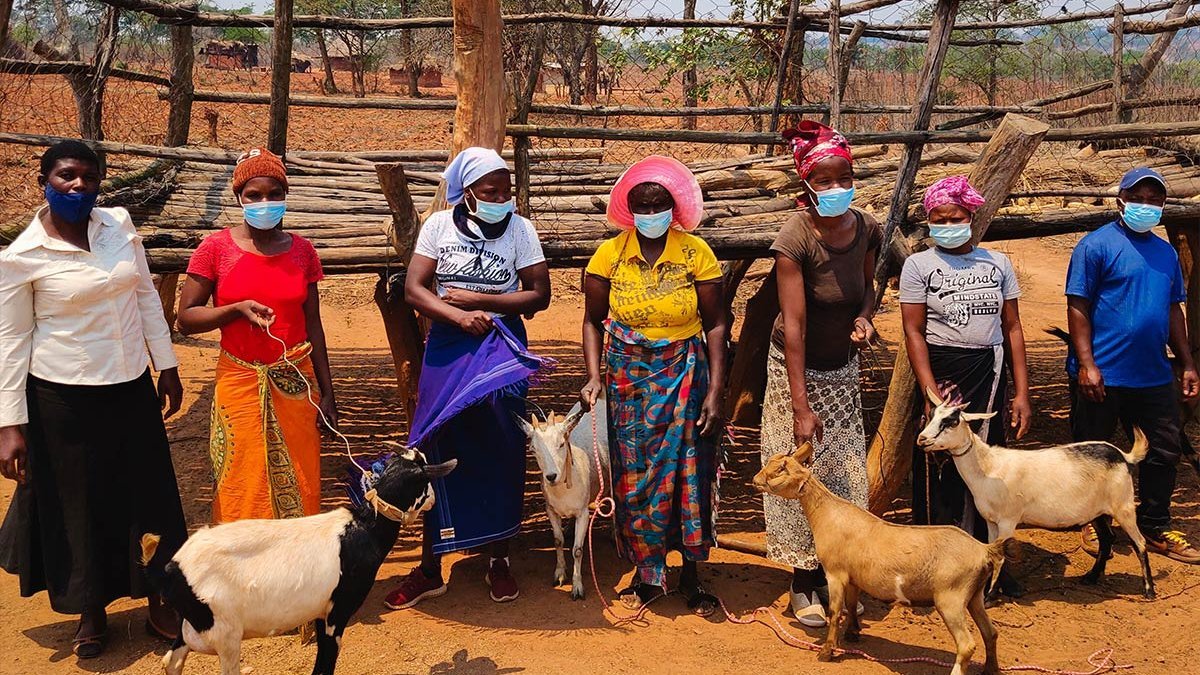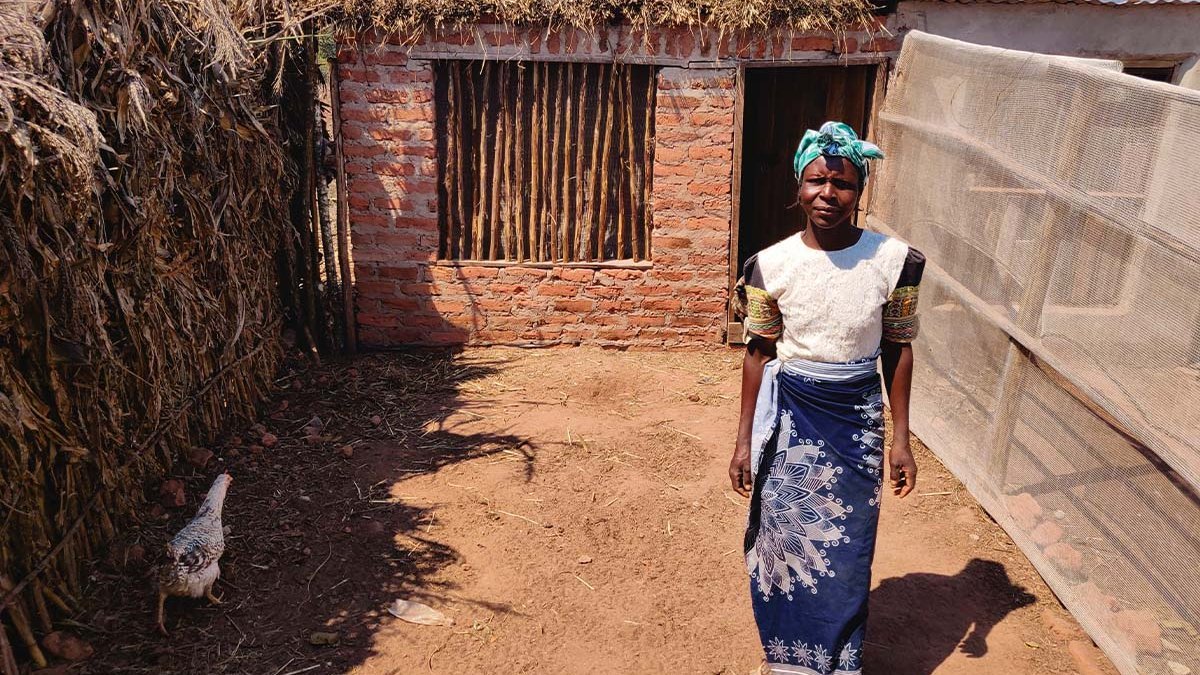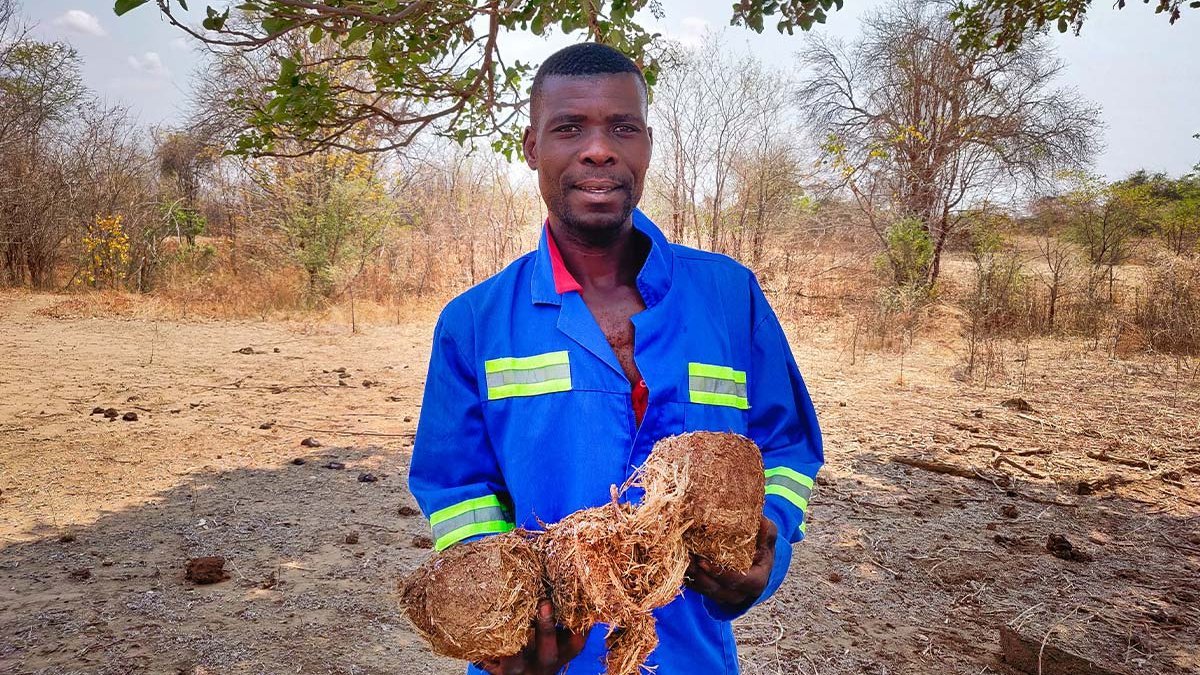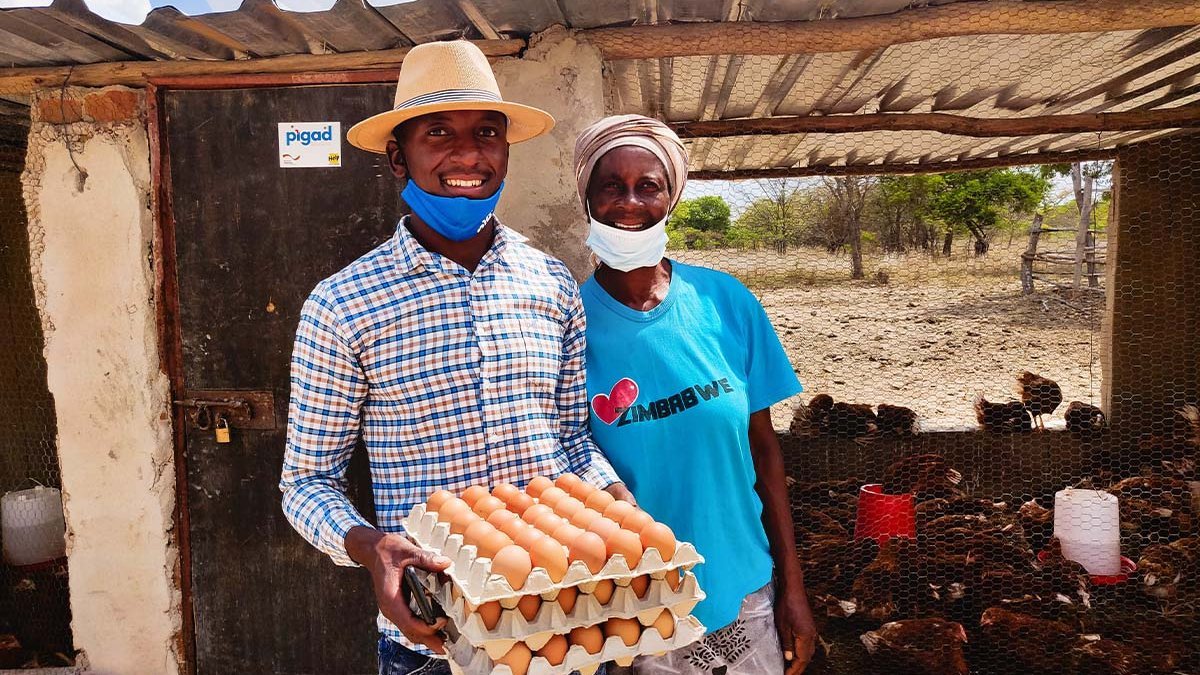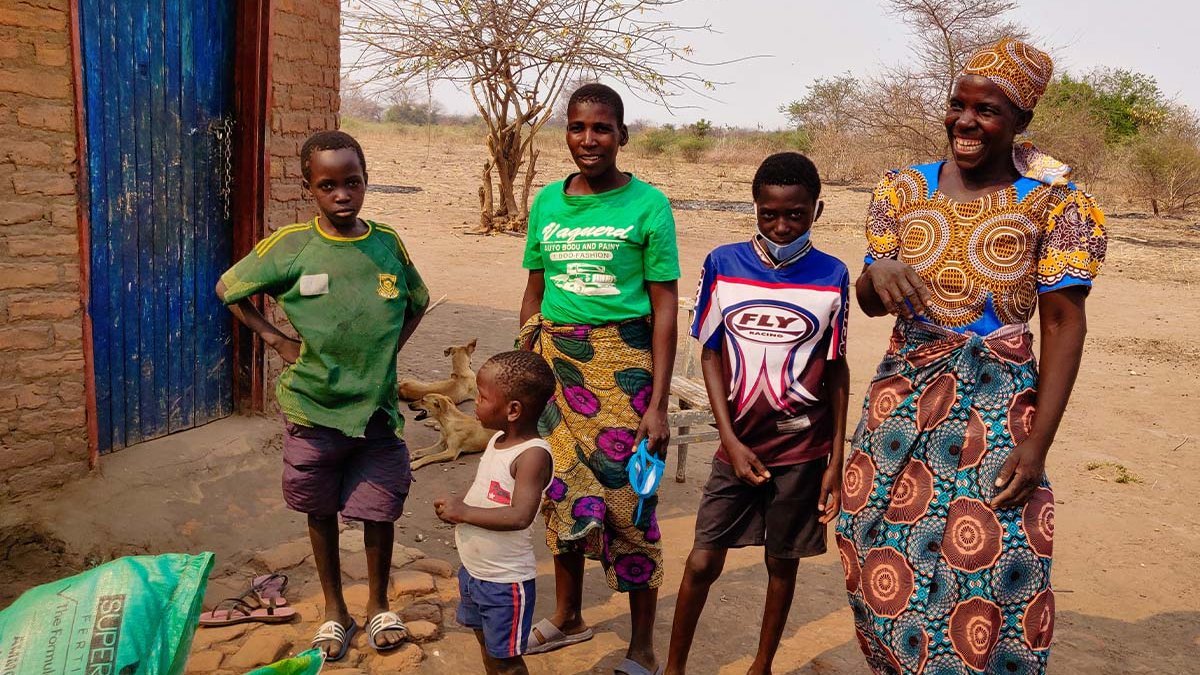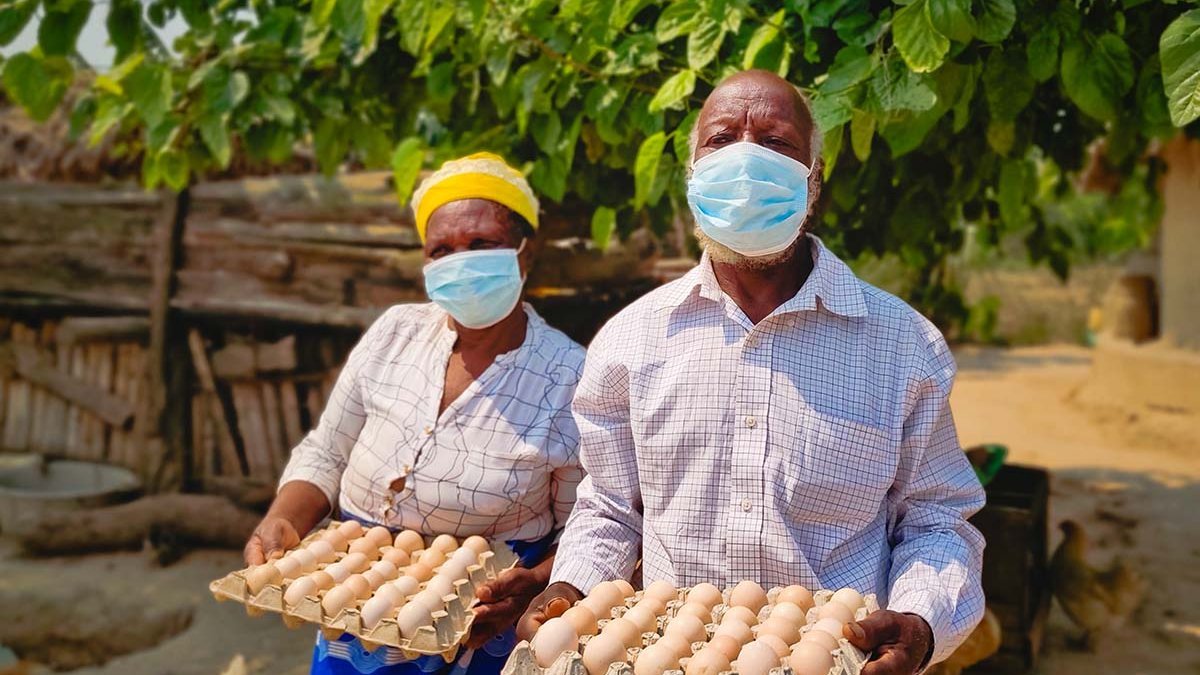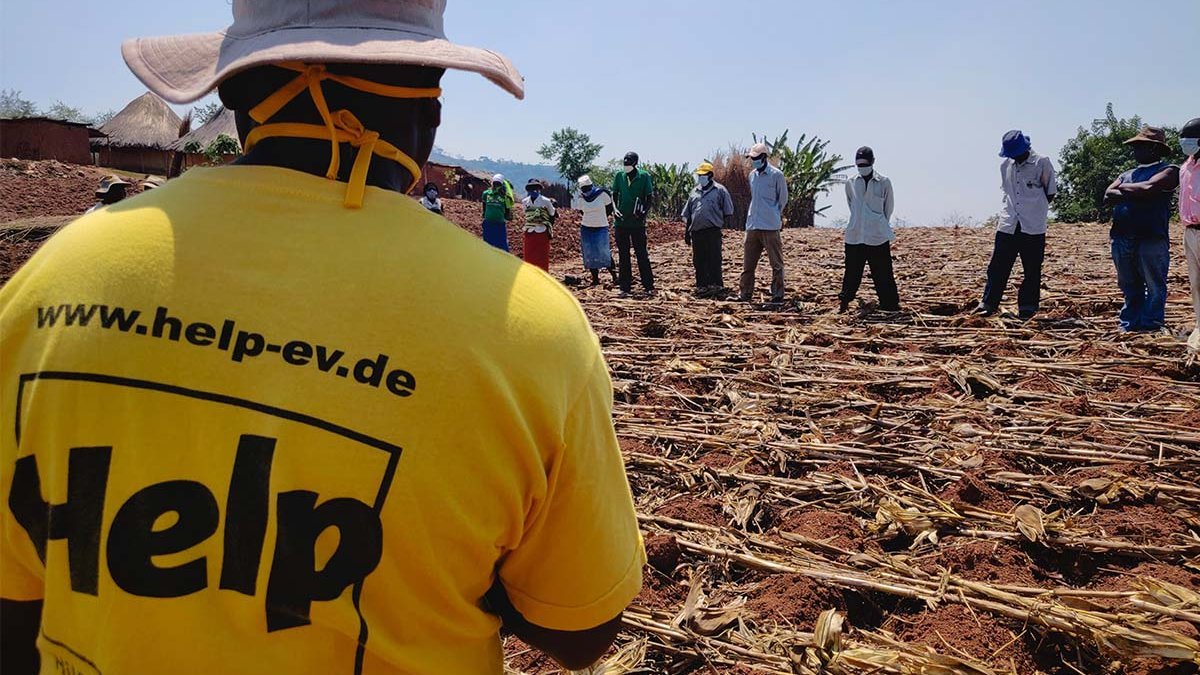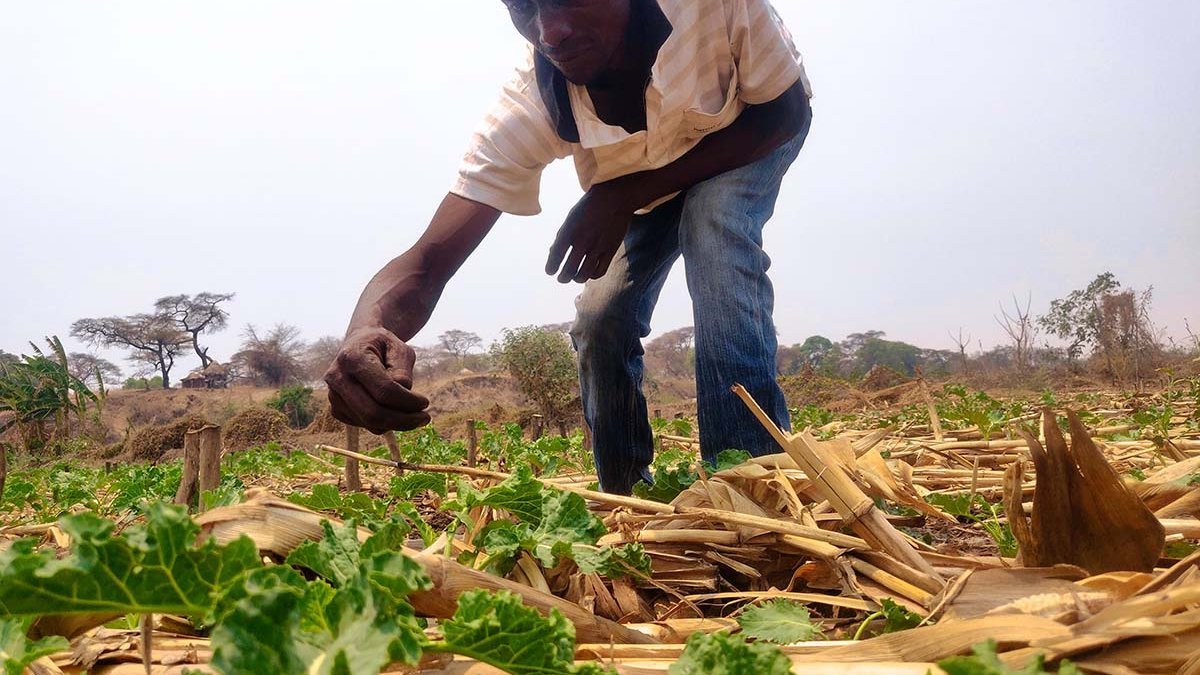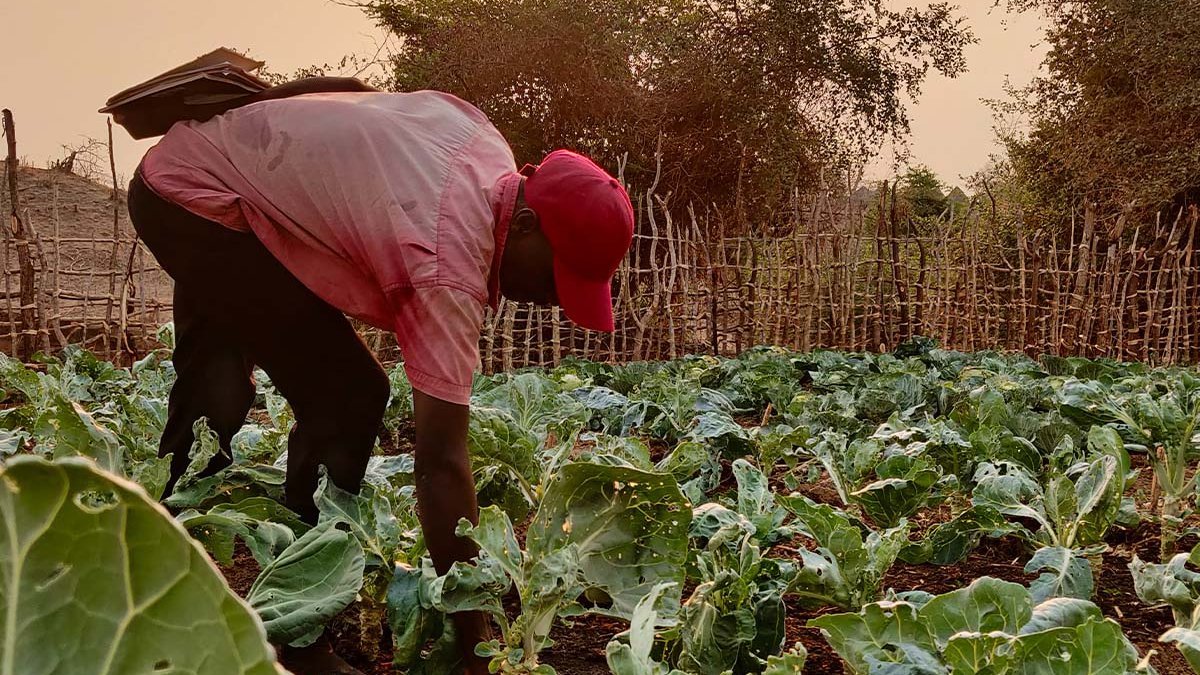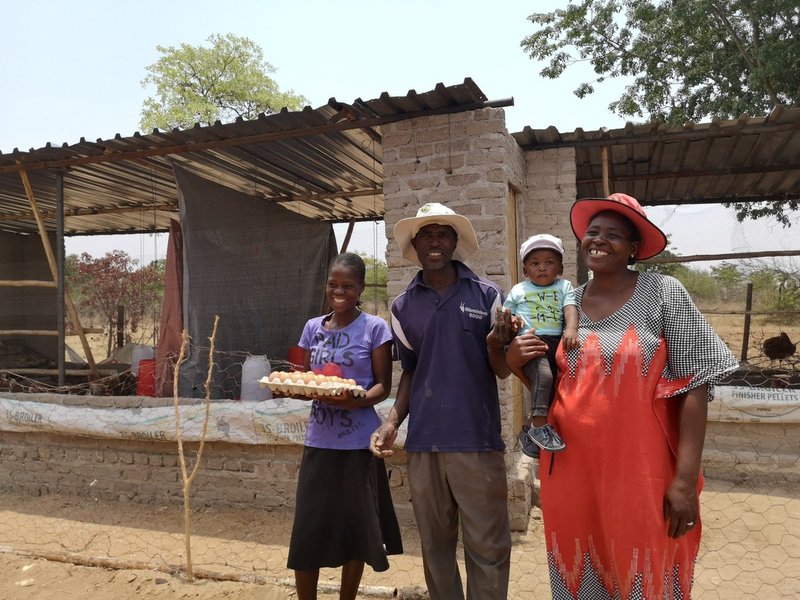Donate for Zimbabwe
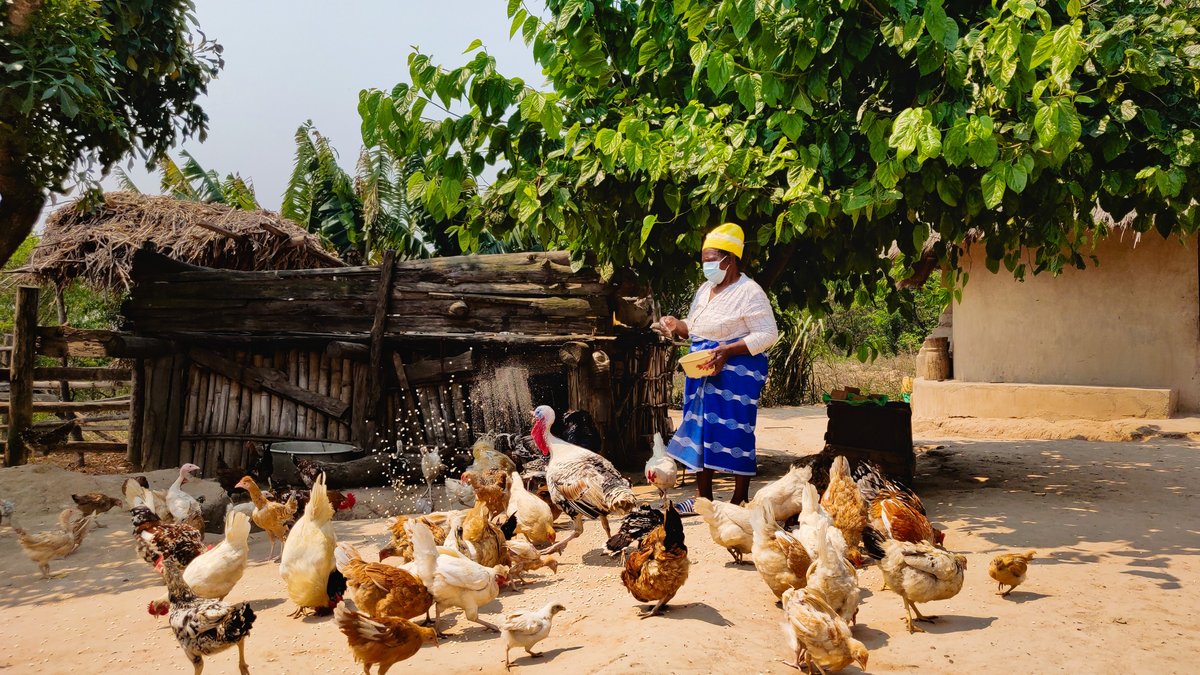
Help in Zimbabwe
The climate crisis can be clearly felt in Zimbabwe: droughts and floods repeatedly destroy large parts of the harvest. Storms such as Cyclone Idai also regularly cause severe damage. As a result, more and more people are living in poverty and hunger is growing.
Help has been strengthening the local people's ability to help themselves since 1992: We promote sustainable agriculture and thus secure the livelihoods of families in need.
How is Help providing support in Zimbabwe?
Agriculture in Zimbabwe: independence through diversity
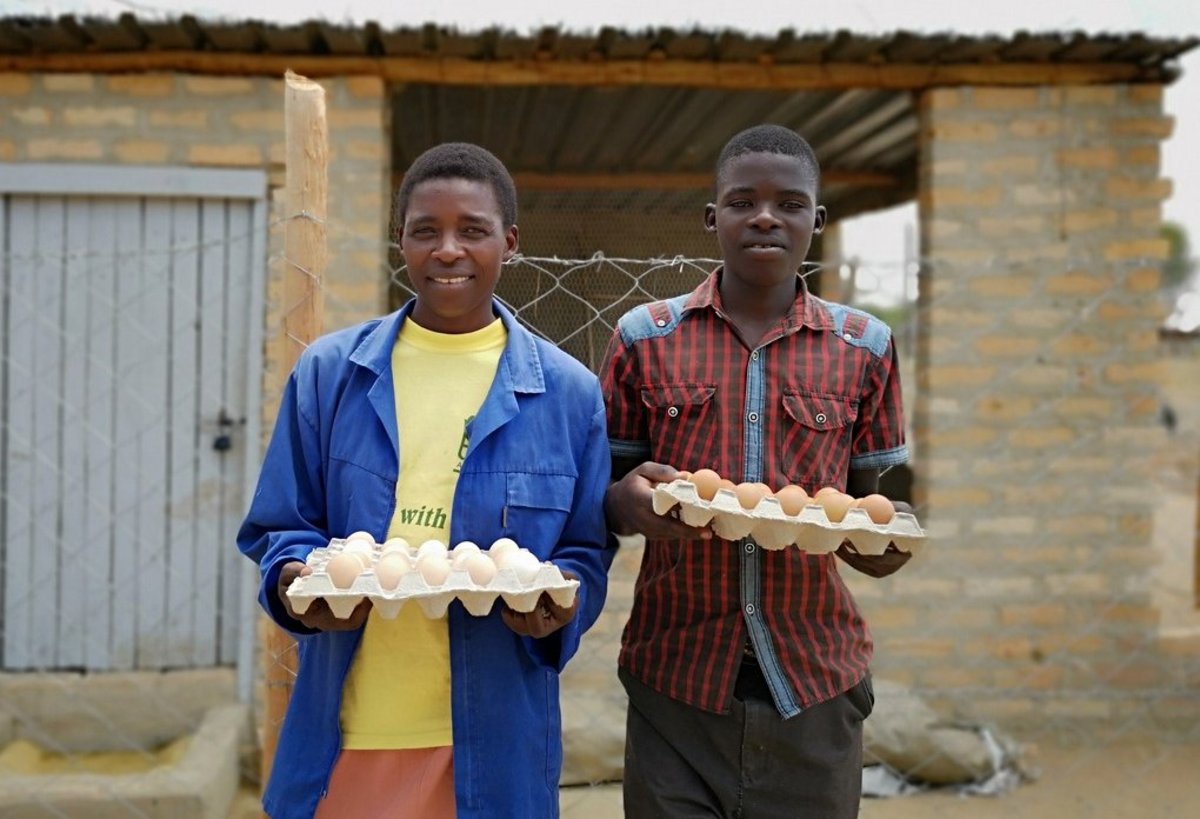
Help has been active in Zimbabwe for 30 years. Initially, our aid work focused on emergency relief measures following the severe drought in 1992. This was followed by numerous projects in the areas of nutrition, education and health.
Today, our projects focus primarily on strengthening the economy and overcoming the climate crisis. We are particularly committed to helping small farmers in rural areas. We distribute seeds that grow particularly well in dry soils and provide training in water-conserving vegetable cultivation. We also train young people in chicken farming and provide them with laying hens. With the eggs they produce, the smallholders can secure food for their families or offer the eggs for sale. We support them with marketing.
Honey is also a good commodity in Zimbabwe. That is why over 700 smallholder farmers manage their own bee colonies thanks to Help. The sale of honey provides people with a secure livelihood and enough income to pay school fees and medical expenses, for example.
An important aspect of our work is the " imitation effect". Smallholder farmers who have undergone our training in chicken farming and soil cultivation often triple their earnings compared to others. As so-called "lead farmers", they then share their knowledge with their neighbors and become role models. This enables us to achieve a far-reaching impact.
What is the situation like in Zimbabwe?
The breadbasket of Africa is drying up
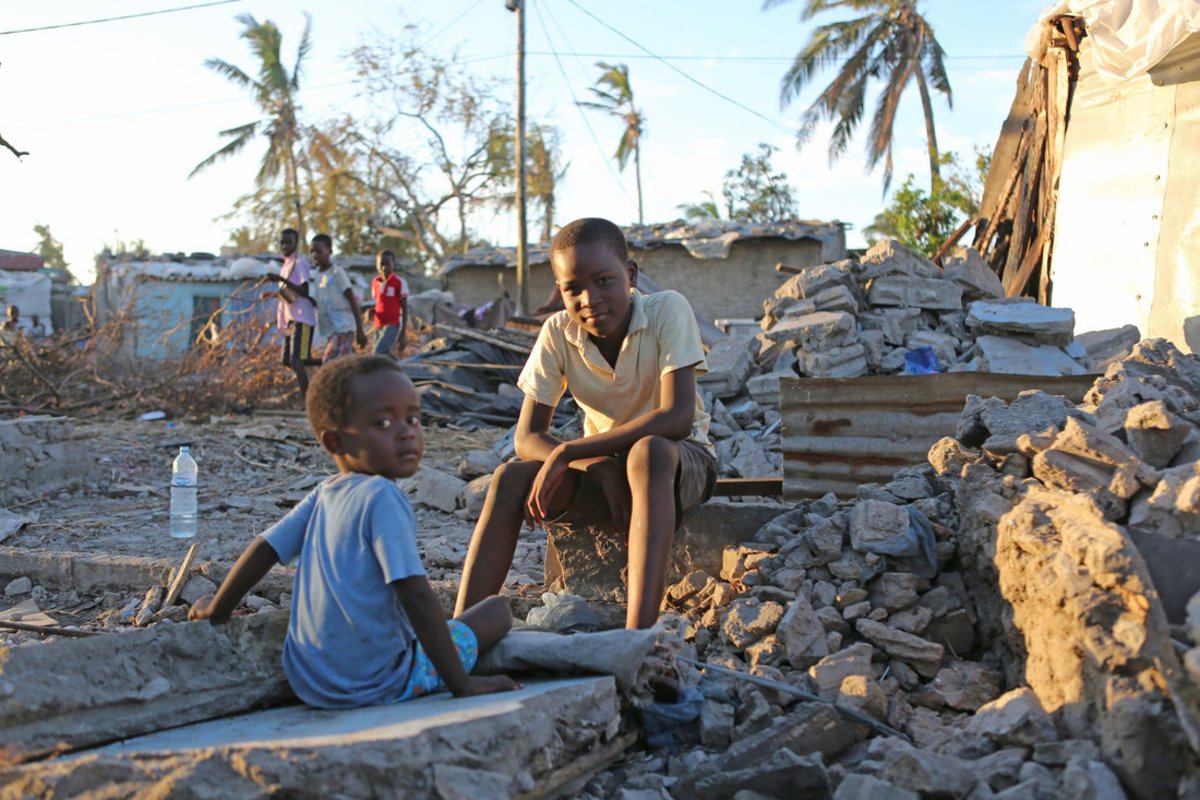
Every year, the population of Zimbabwe suffers more from the consequences of climate change. Major droughts and heatwaves destroy the harvest. Rainfall is distributed extremely unevenly and causes flood disasters that inundate roads, houses and fields. This alternation between drought and flood threatens people's livelihoods, as around 70 percent of households in Zimbabwe are dependent on the harvest.
After the severe Cyclone Idai in March 2019 and the subsequent flooding, thousands of people were left homeless. The harvests were destroyed shortly before the start of the harvest season - a catastrophe, as people are suffering from food shortages due to the crop failures. There is hardly anything left of the former breadbasket of Africa.
Added to this is the severe economic crisis in which the country finds itself. High unemployment and extreme inflation are the reason why so many people in Zimbabwe live below the poverty line. Supply bottlenecks are the order of the day: the availability of water, basic foodstuffs, petrol and electricity is steadily decreasing.

